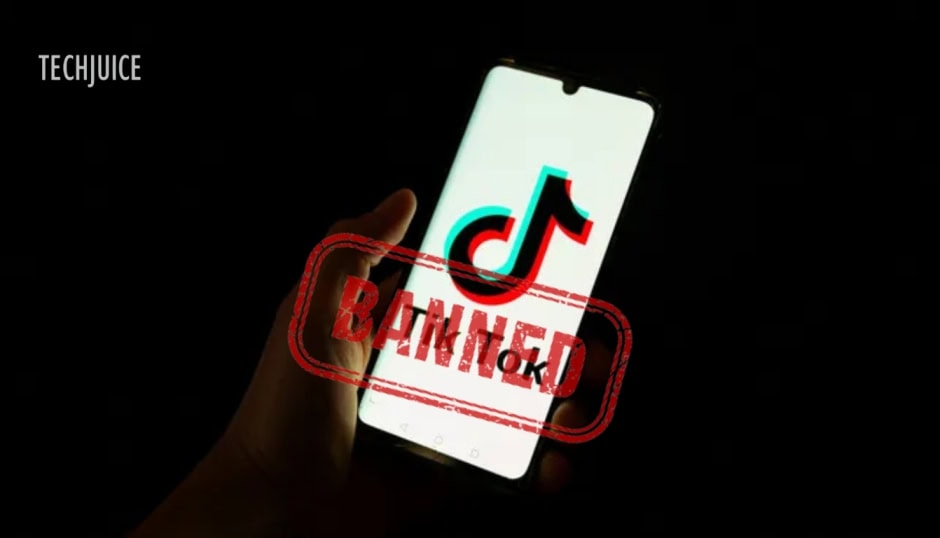The United States federal appeals court has affirmed a statute mandating that ByteDance, a Chinese-owned entity, divest its widely-used short-video application, TikTok, by January 19th, 2025, or confront a nationwide prohibition.
The ruling amplifies scrutiny of TikTok, which boasts 170 million users in the United States and indicates an increasing bipartisan determination to address perceived national security threats emanating from China.
Asserting that the laws align with constitutional clauses, the three-judge panel, which consists of Sri Srinivasan, Neomi Rao, and Douglas Ginsburg, rejected the legal concerns TikHub and users brought forth.
They underscored the law as a result of bipartisan cooperation and a response to “a well-substantiated national security threat posed by the People’s Republic of China.”
TikTok has announced its intention to appeal the ruling to the Supreme Court, with CEO Shou Zi Chew terming the decision “disappointing” in an email to staff.
The law’s implications have drawn sharp criticism from digital rights advocates. The American Civil Liberties Union (ACLU) argued that banning TikTok infringes on the First Amendment rights of millions of Americans who rely on the platform for expression and communication.
Michael Hughes, a spokesperson for TikTok, reiterated the company’s stance, calling the ban “outright censorship.” He added that the company believes the Supreme Court will safeguard the constitutional rights of Americans, asserting, “This decision silences over 170 million voices without concrete evidence of harm.”
The ruling occurs within the context of intensifying tensions between the United States and China, characterized by the implementation of restrictions by both countries on vital industries. The administration of President Joe Biden has adopted a resolute position regarding potential data vulnerabilities associated with Chinese technology, having previously implemented restrictions on China’s semiconductor industry.
In response, Beijing prohibited the export of essential raw materials, including gallium and germanium, which are critical to the technology sector in the United States. The Chinese Embassy in Washington condemned the court’s ruling as a “blatant act of commercial robbery,” cautioning that it may jeopardize diplomatic relations.
The Department of Justice has consistently cautioned that the Chinese ownership of TikTok presents significant risks, particularly to the potential misuse of user data by the Chinese government. Attorney General Merrick Garland characterized a recent judicial ruling as “a critical step in blocking Beijing’s ability to weaponize TikTok.” Proponents of the prohibition, including Congressman Josh Gottheimer, contend that the platform has the potential to disseminate Chinese propaganda and sway public opinion.
TikTok has addressed these concerns by asserting that its operations within the United States are autonomous and that the data of American users is stored domestically by Oracle. Despite these assurances, critics continue to express skepticism owing to ByteDance’s affiliations with Beijing.
The company is experiencing mounting pressure from state governments, exemplified by Montana’s enactment of a TikTok ban earlier this year; however, a judicial ruling has impeded its enforcement. As the deadline for ByteDance to divest its U.S. operations draws near, the resolution of an impending Supreme Court appeal may establish a substantial precedent for foreign-owned platforms operating within the United States. As the situation evolves, the millions of TikTok users in the United States may soon be compelled to consider alternative platforms.











